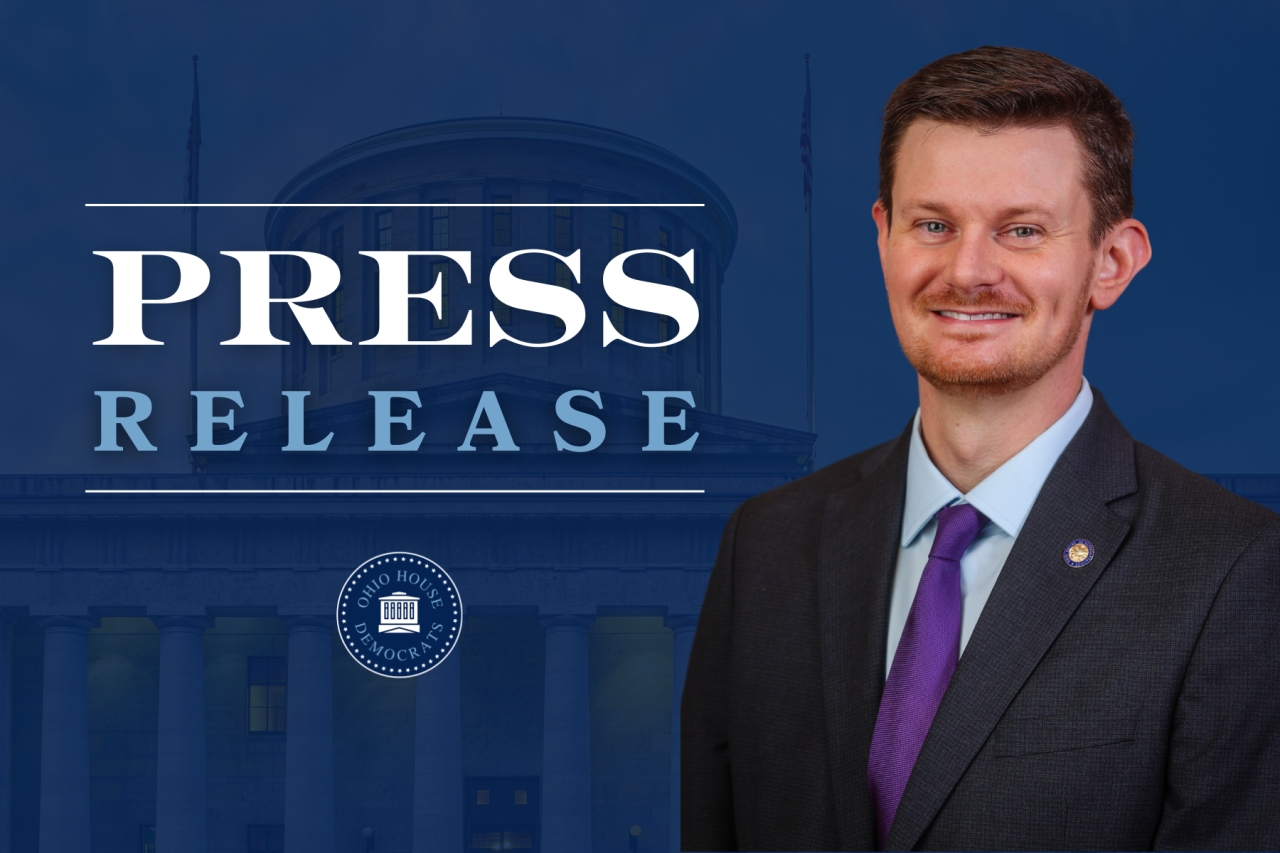Reps. Rader, Munira Introduce Legislation to Protect Ohioans' Freedom of Expression

COLUMBUS – State Reps. Tristan Rader (D-Lakewood) and Munira Abdullahi (D-Columbus) today announced legislation to repeal a 2016 state law that restricts Ohio state agencies and public universities from who they can contract with based on their personal and political beliefs and activities.
The lawmakers say the current statute silences Ohioans by forcing them to give up their right to participate in certain forms of protest and advocacy in order to do business. Instead, they ask for the system to select companies on behalf of taxpayers to be based on merit rather than political positions. This has recently affected student groups and universities where democratic processes have expressed support for boycotts or divestment but were blocked by the state law.
“Ohioans should never be forced to sign away their First Amendment rights just to do business with their own government,” said Rep. Rader. “Ohio’s procurement law requires awards to the lowest and best bidder, so excluding qualified bidders for constitutional protected speech is both dangerous and costly for taxpayers, universities, and municipalities.”
“This repeal is about ensuring Ohio remains a place where free thought and collective action are respected. No state government should stand in the way when Ohioans, especially students, choose to raise their voices together,” said Rep. Munira. “Once the government begins weaponizing tools and processes against political expression, no issues or viewpoint is safe.”
Across the country, federal courts have raised constitutional concerns with similar laws that punish political expression, with most courts striking them down. In Koontz v. Watson (2017), the ACLU of Kansas won a federal district court case which struck down a state law requiring any person or company that contracts with the state submit a certification they are not engaged in a boycott of Israel. Many of these cases have cited the U.S. Supreme Court case, NAACP v. Claiborne Hardware Co. (1982) which found that political boycotts are a form of protected First Amendment activity.
As such, in cases like Martin v. University System of Georgia (2021), a federal district court found that Georgia’s law requiring contractors to certify they are not engaged in, and will not engage in, boycotts of Israel constitute unconstitutional compelled speech and violates the First Amendment. However, in Georgia and other states where these laws have been challenged, the state legislature has amended the law prior to the conclusion of the case to make the issue irrelevant.
The bill will be formally introduced this week and referred to committee for consideration.







